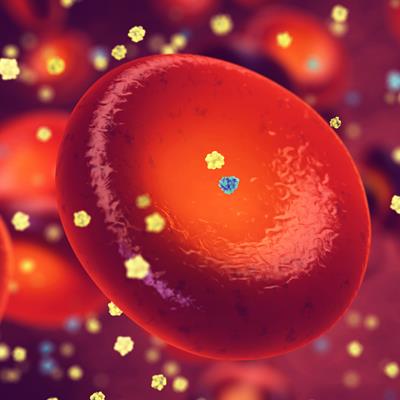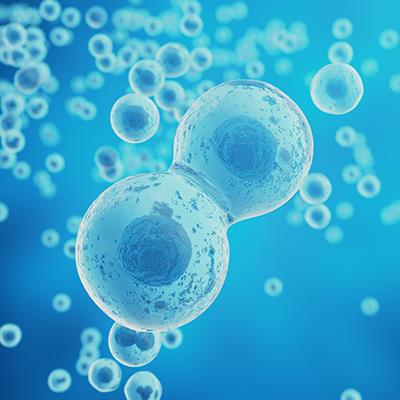November 8, 2022 -- University of Exeter scientists have discovered the cause of a rare condition within a previously unexplored part of the genome. Their findings, published November 4 in the journal Nature Genetics, may also help unlock the causes of other rare conditions.
Typically, scientists sequence a limited genome portion in individuals with rare diseases, then seek DNA variants that affect that disease's relevant organ. One example is neonatal diabetes, where DNA variants disrupt insulin function in the pancreas, causing high blood sugar levels.
By contrast, babies with a rare disease called congenital hyperinsulinism secrete too much pancreatic insulin, resulting in low blood sugar. Without treatment, the fuel-starved brain causes learning difficulties, or even death. Scientists were previously unable to find a genetic cause in 50% of babies with congenital hyperinsulinism, making treatment options scarce and ineffective.
The team sequenced the genomes of 17 individuals with unexplained congenital hyperinsulinism, revealing that the disease-causing genetic variants occurred within a "regulatory switch." A gene called HK1, which leads to insulin production, is usually turned off in the pancreas. However, in these cases, researchers found it was turned on, dangerously lowering the patients' blood sugar. They contend that routine whole-genome sequencing in sick children would enable early detection and improved outcomes.
"It's incredibly important to be able to provide answers to parents who have been desperate to know the cause of their child's condition," coauthor Sarah Flanagan, PhD, of the University of Exeter, said in a statement. "These findings also pave the way for improved treatment of this condition with the development of drugs that inhibit HK1, and consequently insulin production."
Copyright © 2022 scienceboard.net









